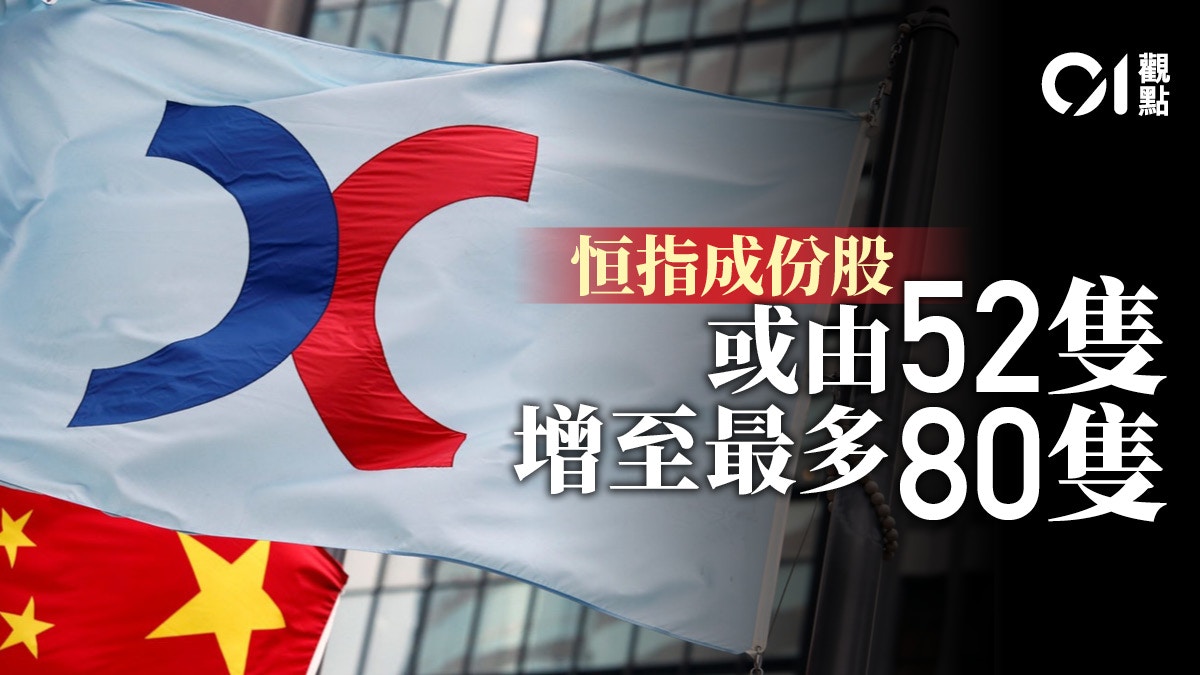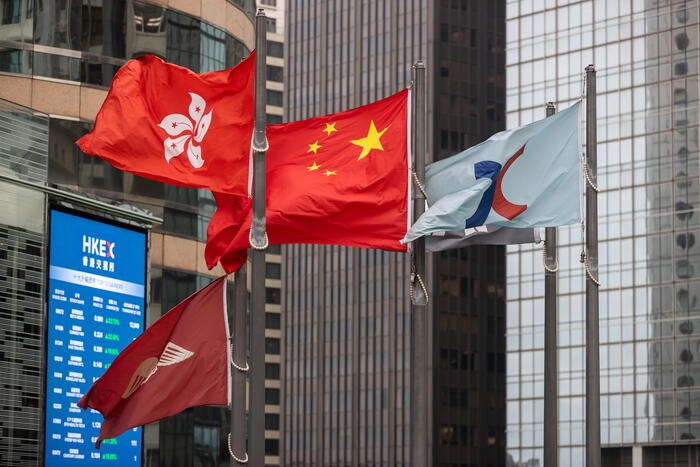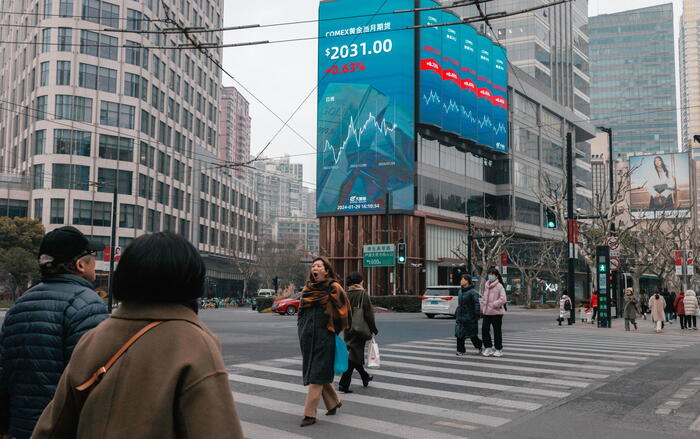01 view
Written by: Commentary Editing Room
2020-12-24 06:50
Last update date: 2020-12-24 06:50
The Hang Seng Index Co., Ltd. recently conducted a public consultation on the reform of the HSI. The recommendations include five optimization measures including expanding industry representation, expanding market coverage, quickly incorporating large-scale listed new stocks, maintaining the representativeness of Hong Kong companies, and improving the redistribution of constituent equity.
It is proposed to expand the number of constituent stocks from the current 52 to 65 to 80, maintain a certain number of local companies, and lower the maximum shareholding weight from 10% to 8%.
Just like the representative indexes of the world's major trading markets, it is only natural for the Hang Seng Index to make changes in response to factors such as the economic environment and corporate profits and losses.
The original and primary purpose of setting up an index was to reflect the operating conditions of companies in a region and to reflect economic conditions through the capital market.
However, due to the globalization of the capital market, companies do not simply consider regional factors when looking for a listing. The market’s ability to raise funds is also a focus.
In recent years, cross-regional listings have become increasingly popular, and markets with high capital circulation, such as the United States and Hong Kong, have been favored by non-local companies for listing.
Due to the increase of foreign companies, index companies have to consider some representative non-local companies when formulating the index.
It is a good thing that the securities market is favored, and it is understandable to join foreign companies. However, the importance of non-local companies in Hong Kong is particularly important.
With the economic reform and opening up of the Mainland, more and more Mainland enterprises are listed in Hong Kong, gradually replacing local enterprises.
At present, about 60% of the index is weighted by mainland enterprises, which makes the relationship between the Hang Seng Index and Hong Kong's economy declining.
This year, Hong Kong has experienced a severe blow from the epidemic, and the stock prices of local companies have been hit hard. However, both transactions and stock prices of mainland companies are booming, and the index recorded a significant increase of 2,000 points in November this year.
This is not to blame for mainland companies listing in Hong Kong. In fact, the listing of these companies in Hong Kong also brings a lot of tax and economic effects to Hong Kong.
If they do not come to the market, even the financial industry on which Hong Kong depends for survival will be hit hard.
The real question is why local companies have not been able to "compete" a little bit, compete with mainland companies, and maintain the local representativeness of the Hang Seng Index.
Hong Kong's new economy lacks development
Hong Kong's economy is not as large as that of the Mainland, so it is impossible to make a simple comparison when it comes to large enterprises.
However, in the past few years, local companies in the Hang Seng Index were nothing more than real estate, finance and public utilities, and there was not even a decent innovation and technology company.
In the newly launched Hang Seng Technology Index this year, only one ASM Pacific among the 30 constituent stocks can barely be regarded as a local company (the parent company is a Dutch company), let alone local representativeness.
Even if the HSI claims that the reform should "maintain the representativeness of Hong Kong companies," even if a certain number of Hong Kong companies and proportions are barely retained, they may be teased as a drag on the index in the future.
Since Hong Kong can attract capital to stay, it can only accumulate in the real estate and financial capital industries, and cannot efficiently transform it into a new growth engine.
In the final analysis, Hong Kong's economy lacks the ability to innovate and can only rely on real estate and finance to feed its roots. In fact, the government's policies for many years have not been enterprising, or the lack of effectiveness of the government's long-term policy.
Therefore, to make the Hang Seng Index more representative of the local area, we cannot just barely retain local companies in the index. Hong Kong must also work hard. The government promotes active industrial policies to break through the current economic shackles.
[Hong Kong Banna Index] Hang Seng Technology Index comes out Hong Kong's late economic transformation
Does the government have the courage to promote housing reform?
|Yu Pinhai
It is difficult for Japan to replicate Hong Kong's status as an international financial center
Hong Kong still wants to adapt to changes without change?
|Yu Pinhai
Unemployment and bankruptcy of citizens
Hang Seng Index Hong Kong Stock Exchange Hong Kong Economy 01 Viewpoint







/cloudfront-eu-central-1.images.arcpublishing.com/prisa/KMEYMJKESBAZBE4MRBAM4TGHIQ.jpg)

